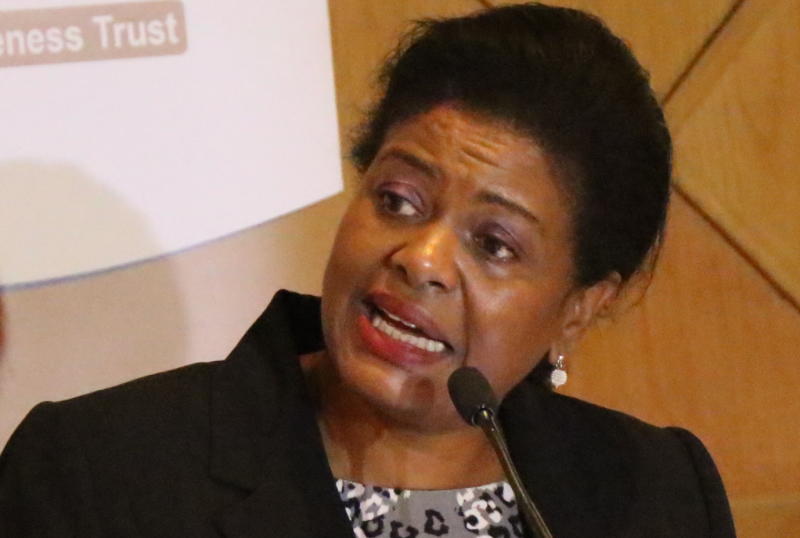
Amidst the raging debate on whether or not to amend the Sexual Offenses Act, particularly the lowering of the age of sexual consent from 18 to 16, Justice Njoki Ndungu has cautioned that doing so will put children at significant risk, derailing the gains achieved by the 2006 act.
“Any suggestion to amend the Sexual Offenses Act needs to take into consideration that we could undo a very carefully thought-out process of a law that is now protecting our children and citizens,” Justice Ndungu said, speaking during a consultative forum held by the Community Advocacy and Awareness Trust (CRAWN Trust) in Nairobi.